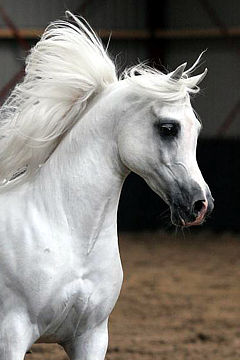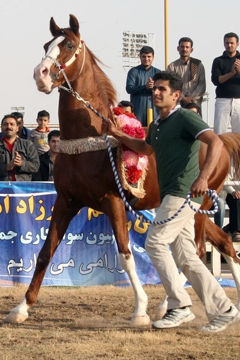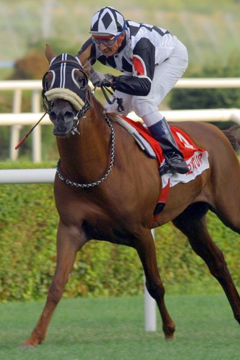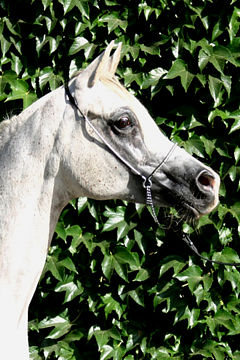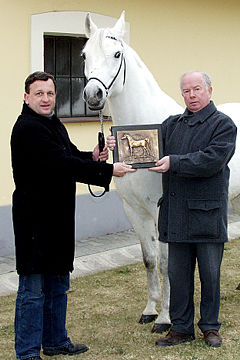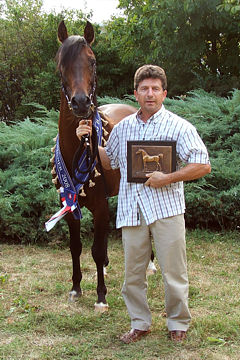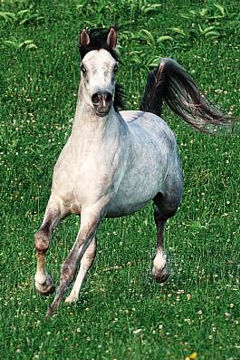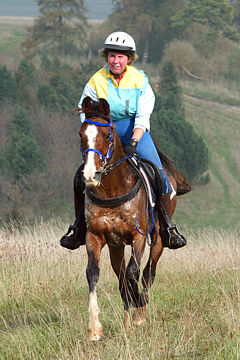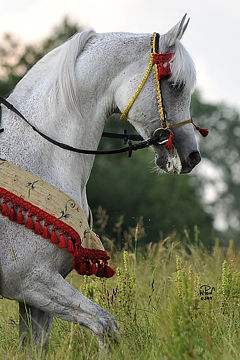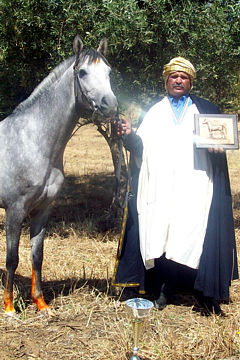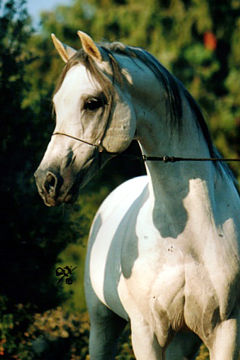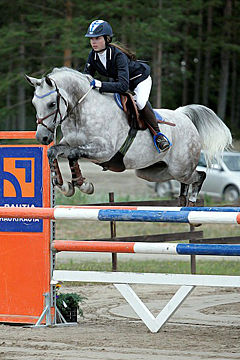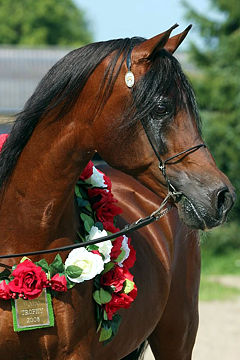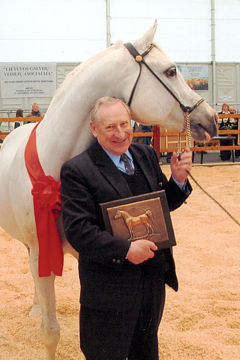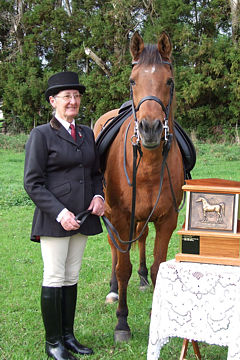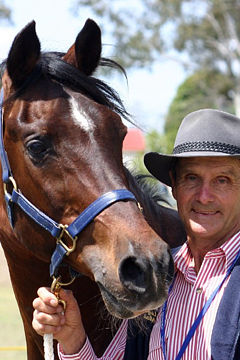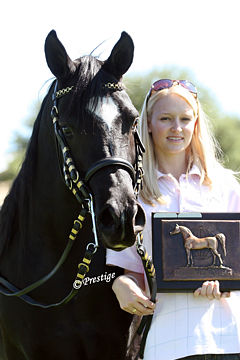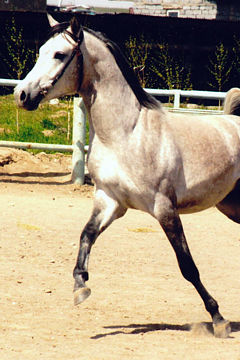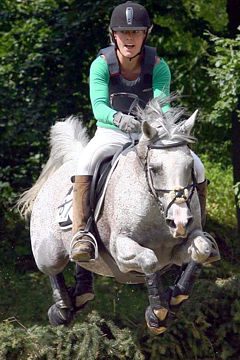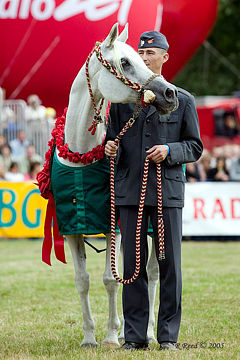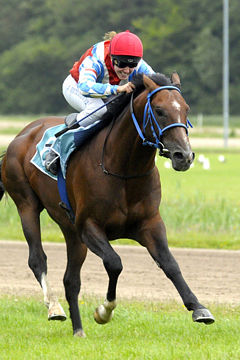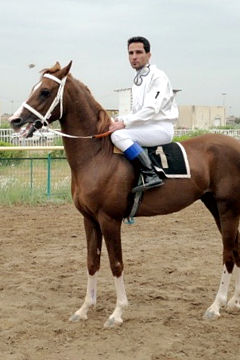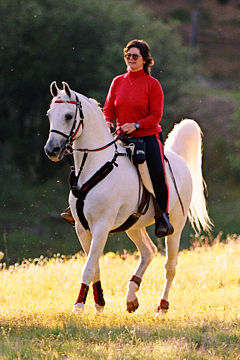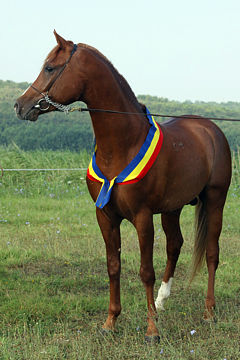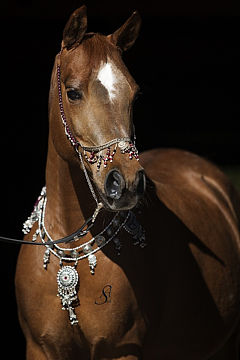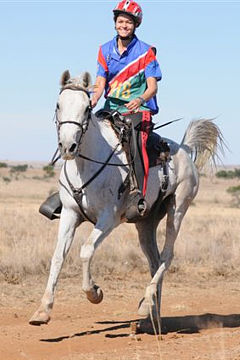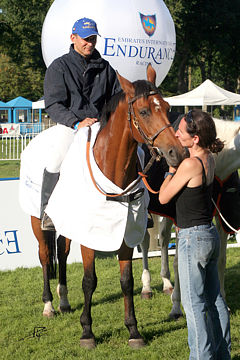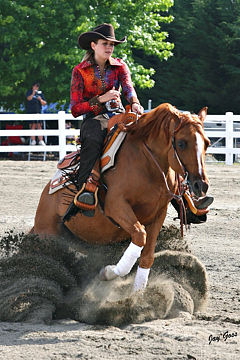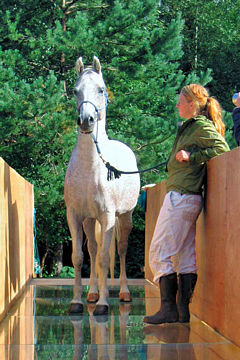
WHAT IS THE WORLD ARABIAN HORSE ORGANIZATION?
The year 2025 sees WAHO celebrate its 55th birthday. We thought it might be interesting to take a quick look back at WAHO’s main achievements of the past half century. So, what is ‘WAHO’? The acronym stands for ‘The World Arabian Horse Organization’.
The World Arabian Horse Organization is a registered charity with its headquarters in the United Kingdom. WAHO has the responsibility of ensuring that standards acceptable to all its Registering Authority Members are established and maintained in the matters of regulations, methods of registration and production of Stud Books. We have a President and an Executive Committee and two Consultants to the Executive Committee. Registering Authority Members are each entitled to send two voting delegates to the biennial WAHO General Assemblies. Associate Members may send two non-voting delegates, and Individual Associate Members may attend as Observers. We also arrange a World Registrars’ Meeting at each Conference, which has become increasingly important over the years.
The basic objectives of WAHO are, in brief:
- “To preserve, improve and maintain the purity of the blood of horses of the Arabian breed and to promote public interest in the science of the breeding of Arabian horses (…);
- To promote and facilitate the acquisition and distribution of the knowledge in all Countries of the history, care and treatment of horses of the Arabian breed (…);
- To advise and co-ordinate the policies and activities of Members of the Organization (…);
- To co-operate with any person or body of persons (…) domiciled throughout the world in an endeavour to promote uniformity in terminology, definitions and procedures relative to the breed of Arabian horses;
- To act in a consultative capacity in discussion and negotiation with International, National (…) and other authorities (…) on matters concerning horses of the Arabian breed.”
The Arab Horse Society of Great Britain hosted the first ever conference of International Arabian Horse Societies in London in 1967. There were nine nations in attendance. The result of this meeting was that those present agreed that a world organization should be formed to aid in the protection and orderly development of the Arabian Horse throughout the world. The conference was then adjourned for three years so that attending nations would have an opportunity to reflect on the first conference and be better equipped to discuss the future objectives of such an organization. In August 1970 the Arab Horse Society, under the chairmanship of the late Major T.W. Ian Hedley, hosted a second conference in London, attended by representatives from Australasia, Denmark, German Federal Republic, Hungary, Israel, Netherlands, Poland, Portugal, South Africa, Spain, Sweden, Egypt, United Kingdom and the United States of America (AHRA and IAHA). The main achievement of this meeting was the creation and naming of the World Arabian Horse Organization, and the appointment of an international steering committee to formulate the bylaws, objectives and purposes of the Organization.
For the next two years the steering committee, chaired by the late Mr. Jay Stream, worked together through correspondence and personal meetings to write the WAHO Constitution. WAHO was also established as a non-profit charitable organization, based in the United Kingdom. WAHO’s income is derived from subscriptions and levies from our members, and the occasional generous donation.
Since 1970 WAHO has held a Conference every second year. At the first full WAHO Conference in Seville, Spain, in 1972, twenty-two countries were represented, those named above together with Canada, France, Germany Marbach, Germany GZF and ASD, Hungary, Jordan, New Zealand, Sweden, and the Soviet Union. The Constitution was ratified and the first President, Secretary, Treasurer and Executive Committee, some of whom were to stay in their elected posts for the next 3 decades, were nominated and approved by a unanimous vote.
At that meeting one of the subjects under discussion was the need for a ‘definition’ of the Arabian horse which would be acceptable to all member countries. Between 1972 and 1974, some of the brightest minds in the Arabian horse world of the time wrestled with this all-important question, one that over the years has had many different answers in different countries, but never an internationally acceptable solution. Following their deliberations and extensive discussion, the Executive Committee of WAHO, having carefully considered national differences in phraseology and procedure, recommended an official Definition of the Purebred Arabian Horse. This was presented with applicable conditions and was unanimously accepted by the delegates at the WAHO Conference held in Malmö, Sweden, in 1974. The WAHO Definition was duly accepted by the WAHO Membership as a means of determining the purity of an Arabian horse. The WAHO Definition is deceptively simple but has proved its worth time and time again. It is further updated at each biennial conference as required. The WAHO Definition reads as follows:- “A Purebred Arabian Horse is one which appears in any Purebred Arabian Horse stud book or register listed by WAHO as acceptable.”
WAHO has always acknowledged that the Middle East countries are the homeland of the Arabian horse and has accepted desert-bred Arabians without a western-style 5-generation pedigree into the WAHO Definition ever since the positive vote of the Registering Authority Members at the General Assembly held in Calgary in 1982. At the 1998 WAHO Conference in Bahrain, the Delegates voted unanimously to re-confirm the WAHO Definition and make its application mandatory. Since that 1998 Conference, it is a mandatory rule that a horse entered in a stud book or register for purebred Arabian horses fully accepted by WAHO must be acceptable as purebred to the Registration Authorities of all WAHO Members and must not be rejected on a pedigree basis. At the 2004 WAHO Conference in Poland, the Delegates passed a majority vote to close the world Arabian Stud Books to horses which do not trace on every line to horses previously registered in a WAHO approved Stud Book. At the 2007 Conference in Damascus, Syria, the Delegates voted to make the WAHO Rules for Registration mandatory. At the 2011 WAHO Conference in Doha, State of Qatar, the WAHO Rules for Registration were extensively updated and approved by vote of the Delegates. These Rules have been regularly updated and approved by vote of the Delegates since then, most recently in 2025.
The creation of the World Arabian Horse Organization 55 years ago aroused a resurgence of international interest in this breed. Countries without registries asked for help in establishing new registries, and countries with existing registries not acceptable to most other registering authorities asked for help in making their stud books acceptable to other WAHO members. WAHO has never made any distinction or discrimination between registries, be they large or small, rich or poor, new or long-established. It is a fundamental premise of the Organization that every Registering Authority Member is treated with equal respect. For the past fifty years, the WAHO Inspection and Investigation Committee has visited many countries, talking with their registrars, inspecting their records and in time putting forward for approval their stud books. As a result, at each Conference more and more countries have been represented as their stud books have been added to the WAHO Definition. Over the years many decisions, large and small, have been taken at the General Assemblies. The proceedings of every conference are recorded and a detailed booklet is produced and distributed to all members. Copies of booklets of the most recent past conferences may be obtained from the WAHO Office.
The continuity of service to the Organization by members of the Executive Committee has given WAHO a rare strength. Together with the ever increasing Membership, these visionary men and women have seen the growth of a remarkable world-wide community, as old resentments and suspicions of others’ stud books and pedigrees have been overcome. It is hard to imagine how the distrust between registries in the days before WAHO existed was so extreme that breeders were often unable to register imported horses. There were endless disputes between countries.
Today our Registering Authority Members work together and help each other regardless of political divisions, so Arabian horse enthusiasts are free to choose the horses they want from any Member country in the world, in the sure knowledge that they will be accepted in their Registry.
From those small beginnings in 1967 when 9 nations attended that first ever exploratory meeting, WAHO has now grown to a total number of 91 Member and Applying Member nations, of which 24 are countries whose Arabians are registered for them by neighbouring registries on a caretaker basis. Among those Member countries are the all-important original homelands of the Arabian horse, where there has been a huge resurgence in interest in the traditional breed of the region. WAHO is proud to count these countries among our Membership. We also have several Associate Members, spread across some 19 countries, these are International, National or Local Associations which are dedicated to the promotion, improvement or collection of information for the Arabian horse.
Since our inception, WAHO has always had the welfare of Arabian horses at the heart of all we do, using the guest speakers at our Conferences to spread knowledge on many aspects to do with their care. WAHO has also been actively involved with important international initiatives such as the use of equine passports, microchips and the development of the Universal Equine Life Number system, as well as disseminating knowledge about genetic disorders in the breed. We also provide a service to the general public, answering queries and placing articles of interest on our website.
The WAHO Trophy initiative, started in 2005, has also proved very popular, you can read more about the many WAHO Trophy winners worldwide on our website. Over the years, nearly 3,000 people who share an interest in Arabian horses have joined as Individual Associate Members. All our IAMs are welcome at our Conferences, which are held approximately every two years. The most recent was the very productive and enjoyable event held in Abu Dhabi, United Arab Emirates, in April 2025. WAHO is proud and honoured that our General Assemblies and Conferences have been hosted by so many of our Member countries over the past decades, as can be seen from the list below.
rel=”noopener noreferrer”>Abu Dhabi, United Arab Emirates
| 1967 and 1970 | London, United Kingdom (Preliminary International Meetings) |
| 1972 | Seville, Spain (First Official WAHO Conference) |
| 1974 | Malmö, Sweden |
| 1976 | San Francisco, United States of America |
| 1978 | Hamburg, Germany |
| 1980 | Capetown, South Africa |
| 1982 | Calgary, Canada |
| 1984 | Sydney, Australia |
| 1986 | Marrakech, Morocco |
| 1988 | London, United Kingdom |
| 1990 | Scottsdale, United States of America |
| 1992 | Cairo, Egypt |
| 1994 | Rabat, Morocco |
| 1996 | Abu Dhabi, United Arab Emirates |
| 1998 | Manama, Kingdom of Bahrain |
| 2000 | Gold Coast, Australia |
| 2002 | Istanbul, Turkey |
| 2004 | Warsaw, Poland |
| 2007 | Damascus, Syria |
| 2009 | Muscat, Sultanate of Oman |
| 2011 | Doha, State of Qatar |
| 2014 | Doha, State of Qatar |
| 2017 | Manama, Kingdom of Bahrain |
| 2019 | Terrigal NSW, Australia |
| 2022 | Amman, Jordan |
| 2025 | Abu Dhabi, United Arab Emirates |
Our WAHO Conferences very much combine the business of WAHO and its Membership with the pleasure of seeing old friends and making new ones in a convivial setting. We have guest speakers, excellent social events, exhibitions of Arabian horse activities popular in the host country, and we always offer the opportunity to absorb some of the history and especially the culture of the particular country we are visiting. We hope to see many old friends and to welcome many new ones to our next WAHO Conference, date and venue to be decided. Participants must be WAHO members to attend, please contact the WAHO Office for membership information.
At that historic meeting in 1970, Ian Hedley said something which the Executive Committee of WAHO still believe in to this day. He said the world saw the Arabian horse in the beginning as a war horse, but he hoped that it would finally become an instrument of peace and understanding. WAHO’s extraordinary achievement over the past 55 years has been to been to make this hope a reality.


